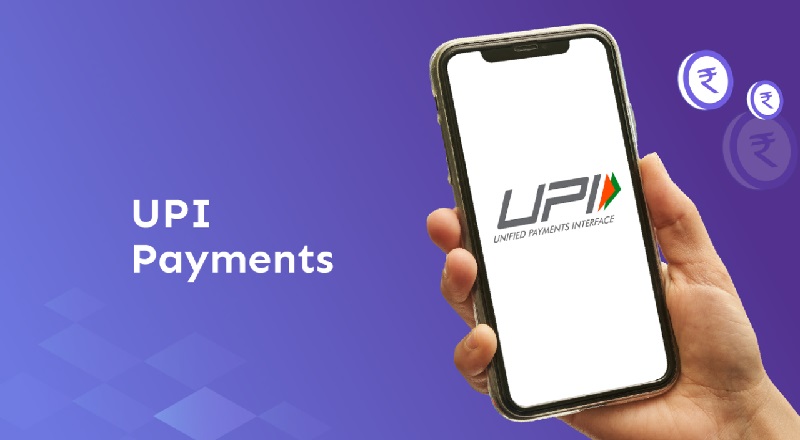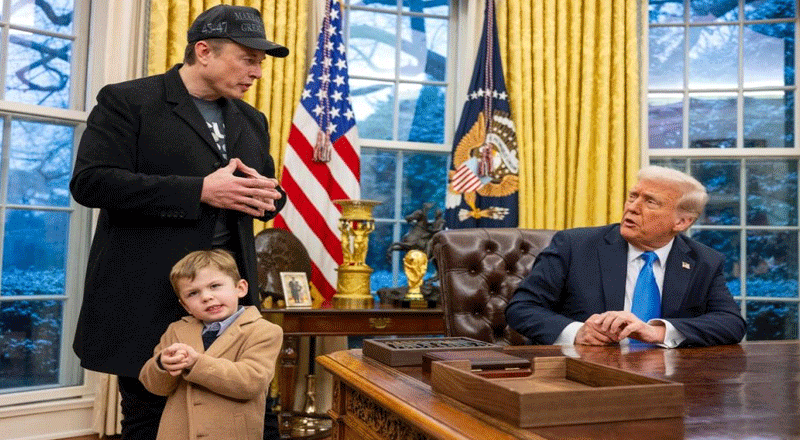The Unified Payments Interface (UPI) has taken a significant step towards global expansion as merchants in the United Arab Emirates (UAE) begin accepting payments in Indian Rupees (INR). This development marks a crucial milestone in UPI’s international journey, allowing Indian travelers and expatriates in the UAE to make payments directly from their UPI-linked bank accounts in rupees.
The move is expected to enhance convenience for Indian tourists and business travelers, strengthen economic ties between India and the UAE, and showcase India’s growing influence in the global digital payments landscape.
The Government of India has been actively promoting the Unified Payments Interface (UPI) as a global payment platform, and its efforts are beginning to bear fruit as merchants in the United Arab Emirates (UAE) have started accepting payments via UPI in Indian Rupees. This initiative is particularly aimed at attracting Indian customers, including both tourists and non-resident Indians (NRIs), who can now make payments in the UAE using their UPI apps, just as they do in India.
One of the largest retail companies in the UAE, Lulu, has led the charge by offering UPI payment options across all its stores in the country. This move allows Indian citizens to make purchases in the UAE, with the payment amount being directly deducted from their bank accounts in India. This development simplifies transactions for Indian tourists and NRIs, eliminating the need for currency conversion and making shopping abroad more convenient.
With UPI already a dominant force in India’s domestic payments ecosystem, its adoption by UAE merchants reflects the system’s reliability, security, and ease of use. The ability to make payments in INR eliminates the need for currency conversion, offering a seamless and cost-effective experience for users. This initiative aligns with India’s broader strategy to internationalize the rupee and extend the reach of its digital payment infrastructure globally.
The UPI payment option was launched in the UAE at the beginning of July 2024, and since then, many big and small merchants across the country have adopted the system. Payments can be made using QR codes through Point of Sale (POS) machines, making the process seamless and user-friendly.
According to the National Payments Corporation of India (NPCI), the number of Indian travelers to the Gulf Cooperation Council (GCC) countries is projected to reach 9.8 million in 2024, with 5.3 million expected to visit the UAE alone. This growing influx of Indian travelers makes the adoption of UPI in the UAE a strategic move for merchants looking to cater to this significant customer base.
UPI is now officially accepted in several other countries, including Nepal, Sri Lanka, Mauritius, Singapore, France, and Bhutan, in addition to the UAE. The platform has seen tremendous growth, with UPI-based transactions reaching ₹20.64 lakh crore in July 2024, a 35% year-on-year increase. The total transaction count for UPI also rose by nearly 4% month-on-month to 14.44 billion in July from 13.89 billion in June.
As UPI continues to expand globally, the Government of India, the Reserve Bank of India (RBI), and NPCI International are working together to promote and enhance the platform’s international reach, further solidifying India’s position in the global digital payments landscape.
The adoption of UPI by UAE merchants is also seen as a strategic move to cater to the large Indian diaspora in the region and to encourage more Indian tourists to visit. As UPI continues to expand its footprint internationally, other countries may follow suit, further establishing UPI as a global payment standard.





